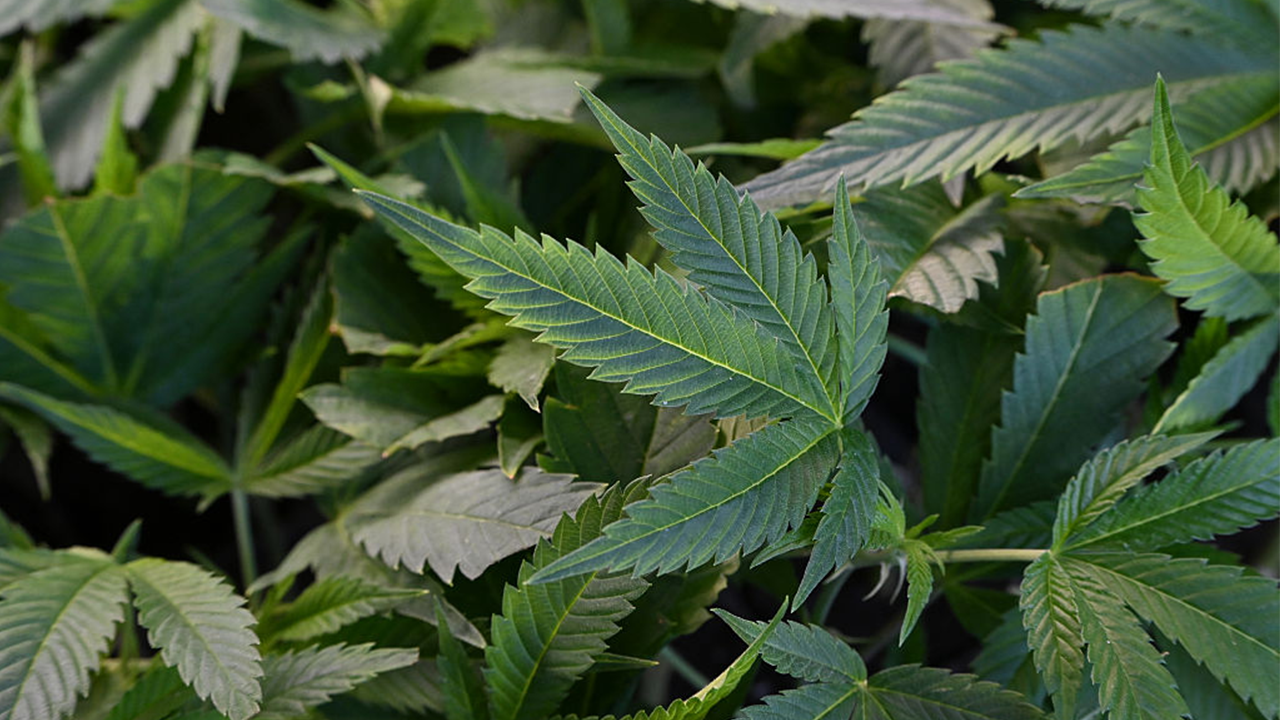AI Sentiment: Cautiously Bullish
Reason: Trump's potential reclassification of marijuana indicates a shift towards legalization, reflecting changing public attitudes and economic opportunities.
Former President Donald Trump is reportedly contemplating the reclassification of marijuana as a less dangerous substance under federal law. This potential shift could significantly impact the ongoing debates surrounding marijuana legalization and the broader landscape of drug policy in the United States.
Currently, marijuana is classified as a Schedule I substance under the Controlled Substances Act, which categorizes it alongside drugs like heroin and LSD, implying it has a high potential for abuse and no accepted medical use. Trump's proposal to reclassify marijuana could lead to its designation as a Schedule II drug, which would allow for more medical research and potentially pave the way for its legalization in various states.
The discussion around reclassification is part of a larger trend as public opinion increasingly leans towards support for marijuana use, both recreationally and medicinally. Numerous states have already legalized marijuana, and many others are considering similar measures. Trump's move may resonate with a growing demographic of voters who advocate for reform in drug policy.
Furthermore, this proposed change could also have implications for the economy, potentially opening avenues for taxation and regulation of the marijuana industry, similar to what has been seen in states like Colorado and California. As the conversation evolves, the reclassification of marijuana could serve as a stepping stone toward broader reforms in the nation’s drug policies.
As this issue continues to unfold, it remains to be seen how Trump’s potential reclassification will play out and what the resulting impact will be on both federal and state levels. The ongoing discussions highlight the need for a nuanced approach to drug policy that reflects current scientific understanding and societal attitudes.




